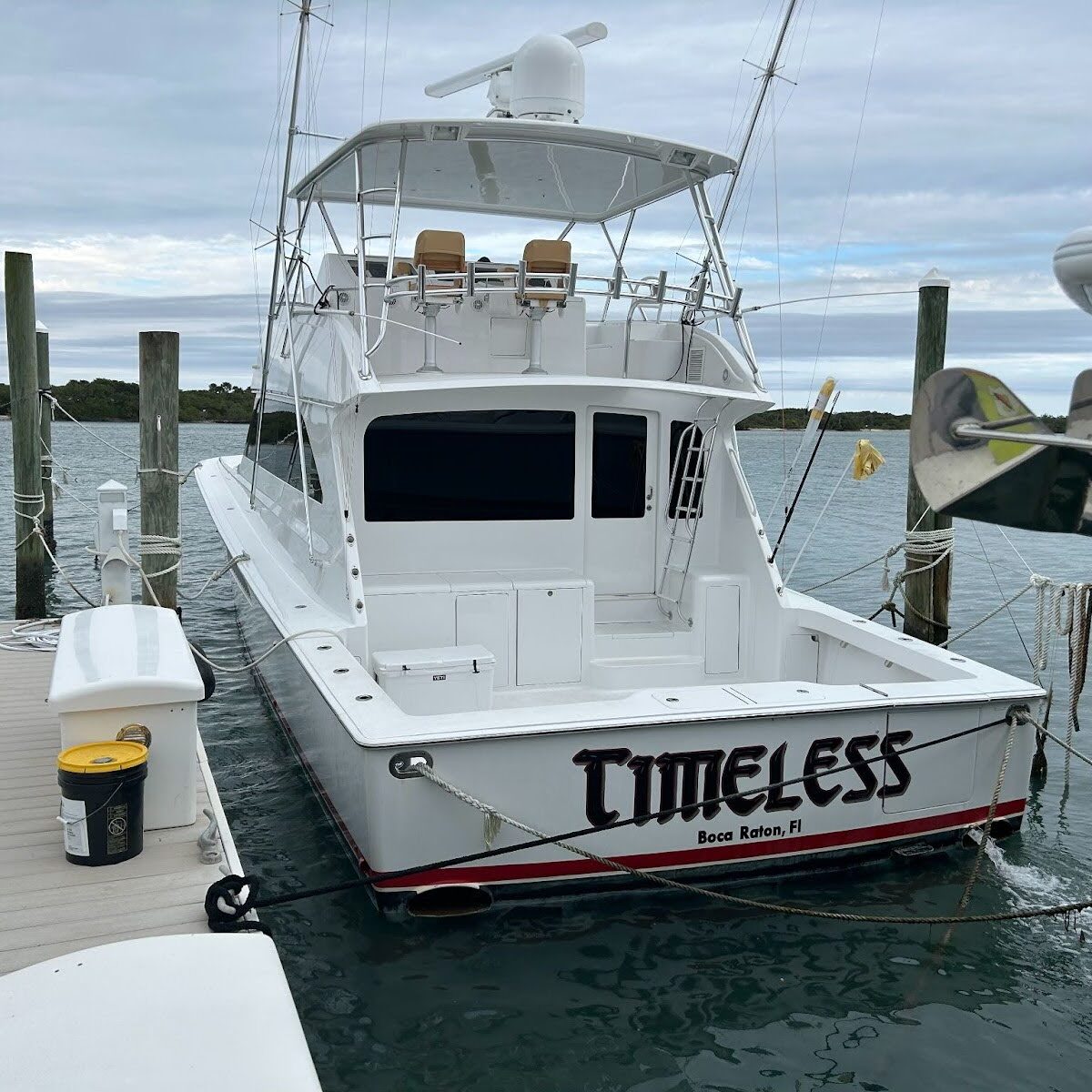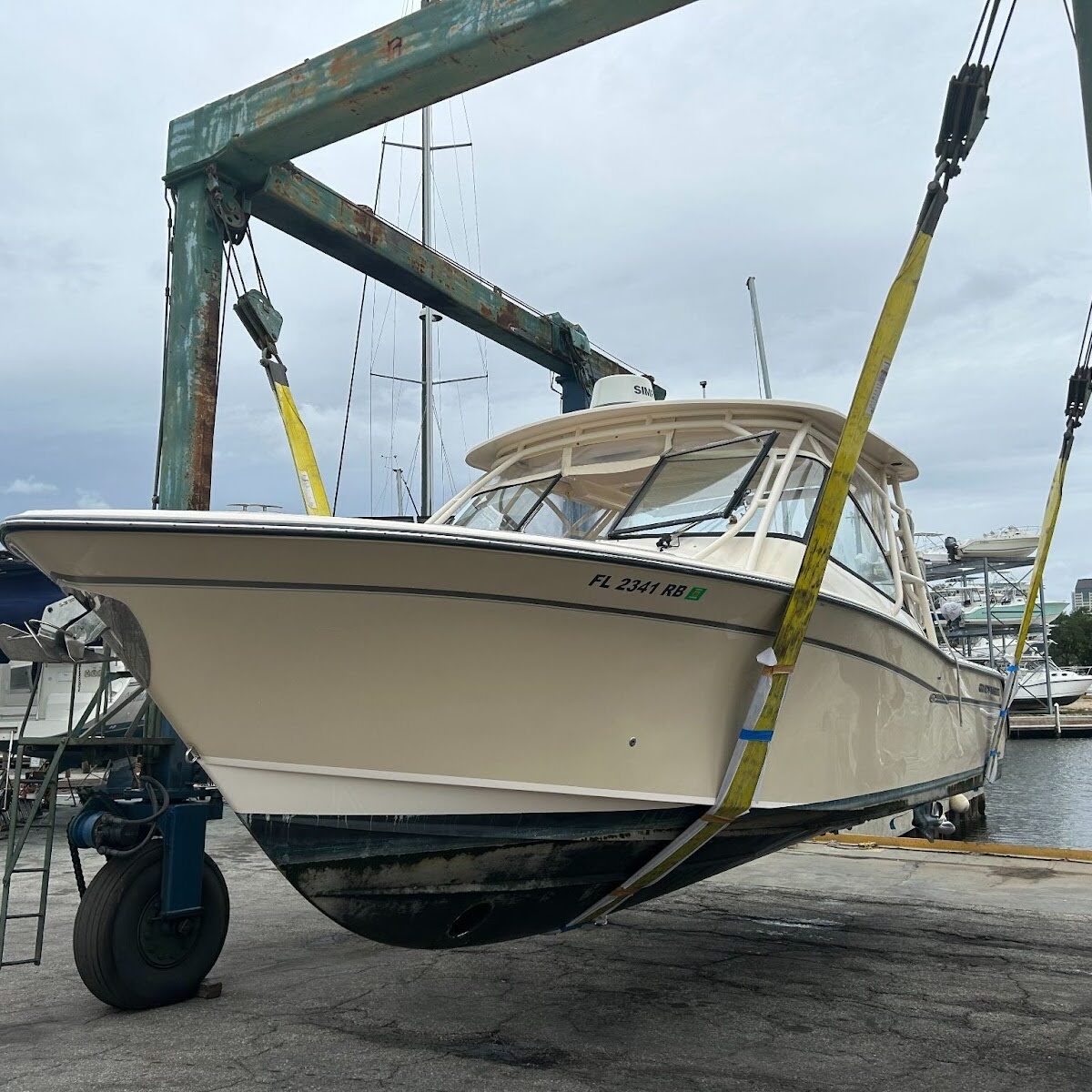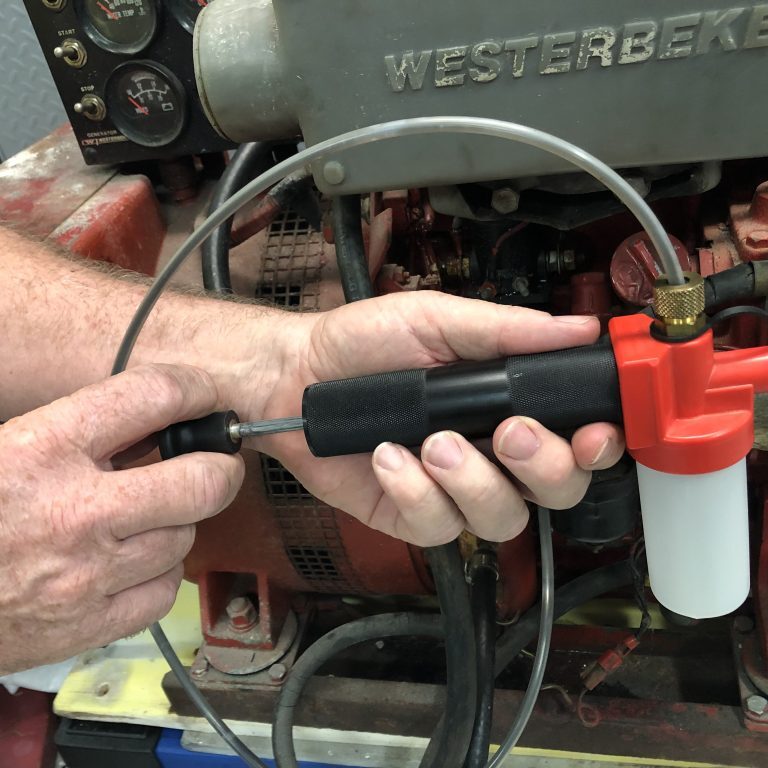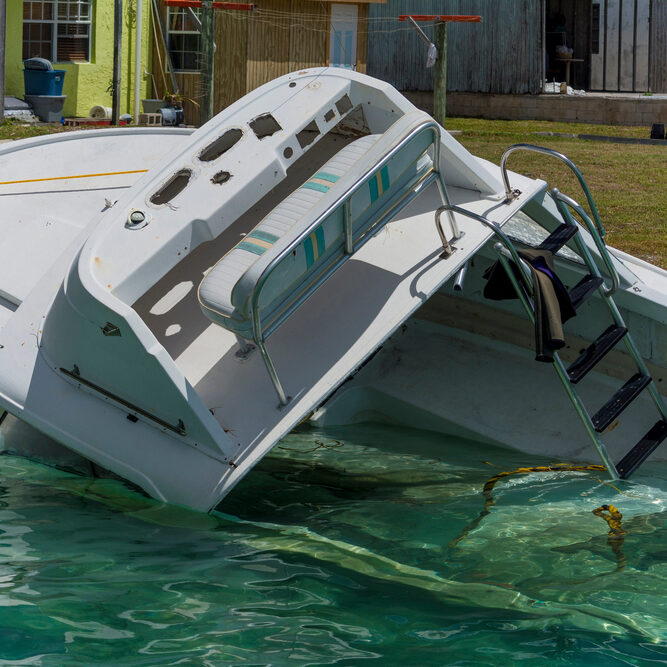Marine Survey Types & Fees

Pre-purchase Inspection
This is the most comprehensive type of inspection that we perform, and is strongly advised when purchasing a new or used vessel. It includes an in-depth examination of the vessel in the water (if applicable), followed by an out-of-the-water inspection of the hull & all its wetted components. This survey also covers structural integrity, on-board electrical systems, the propulsion system, fuel system, other machinery, miscellaneous on-board systems, cosmetic appearance, electronics, and overall maintenance. Additionally a limited test run with the support of a qualified Captain for up to 1 hour can be included.
Vessels should be prepped for inspection.
Insurance Survey
These are typically performed at the request of an insurance company to determine whether or not the vessel is an acceptable risk. USually, insurance companies are concerned with structural integrity and safety items.
Many insurance companies will require a survey on older boats periodically or when writing a new policy. Some marinas may also ask for a survey in order to keep your boat there. They will also request the vessel's current market value.
Fishing or Pleasure Charter Boats (Uninspected Vessels) are generally required to do a survey every 3-5 years depending on the insurance company.


Oil Analysis
This can give you a better understanding of an engine, transmission, or gearcase overall state of health / internal wear. We take a sample of the oil during or after the engines have been run and overnight it to an independent lab for a spectrometer analysis. You will then receive a detailed report by email that will have all the vital numbers of your oil sample. The lab also provides a general statement regarding the oil sample and overall engine health.
Damage Survey
The surveyor can be retained by an insurance company to determine the nature, cause and extent of damage sustained and may be asked to recommend repairs, review estimates or to determine the pre-loss value of a vessel. A vessel owner can retain a surveyor for the same purposes.

Marine Survey Cost
Understanding the Cost of a Marine Survey
The cost of a marine survey can vary depending on several factors, including the size and type of the vessel, the materials it’s built from, the scope of the survey, and the vessel’s location. The condition of the vessel also plays a role—a 15-year-old boat that has been poorly maintained will take significantly longer to inspect and report on than a three-year-old vessel in pristine, Bristol condition.
In some cases, the survey may be charged at an hourly rate rather than a flat fee or price per foot, depending on the complexity of the job.
It’s important to note that a boat is a very serious investment; both money and lives are at stake. Trying to save a few hundred dollars on a survey is rarely a wise decision. Mother Nature can be a hard taskmaster, and the marine environment is unforgiving. Get the best surveyor for the job and pay them what they’re worth to avoid costly or even life-threatening consequences.
Please contact us for a personalized quote based on your specific needs.
Marine Pre-Purchase Survey / Marine Insurance Survey / Condition Evaluation Minimum Charge $500 + tax
*Uncharted Marine Survey Marine Surveys, Insurance Surveys, and Boat Damage Inspections do not include an internal inspection of Engines, Generators, Gears, Pumps or other mechanical aspects of a vessel. We recommend further inspection for these items to be completed by a Certified Marine Mechanic. UMS does not represent itself or its entities as Certified Marine Mechanics for any purpose of any type of Marine Survey.
Inspections
Preparing Your Vessel for Inspection
Time and additional expenses can be saved by properly preparing your vessel for inspection and ensuring it is accessible. A clean, well-organized boat with all necessary paperwork and safety equipment readily available will help the inspection process go smoothly. If applicable, arrangements should be made to haul or trailer the vessel for a bottom inspection, and plans for sea trials must also be coordinated. All spaces, including lockers and cabin areas, should be cleared of gear to provide full access.
Please note that minor dismantling of interior flooring, ceilings, or headliners may be requested by the surveyor to gain access to areas of concern.
The surveyor is not responsible for preparing the boat for inspection.
